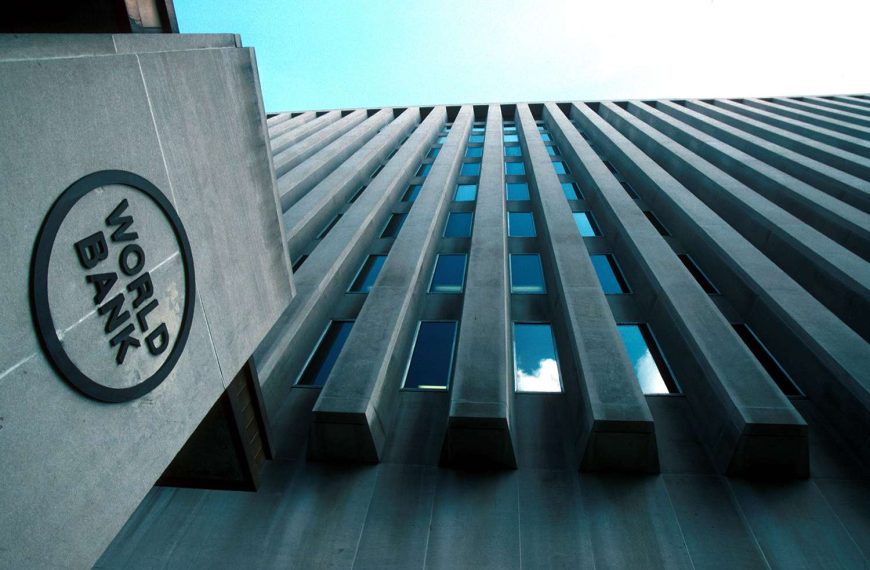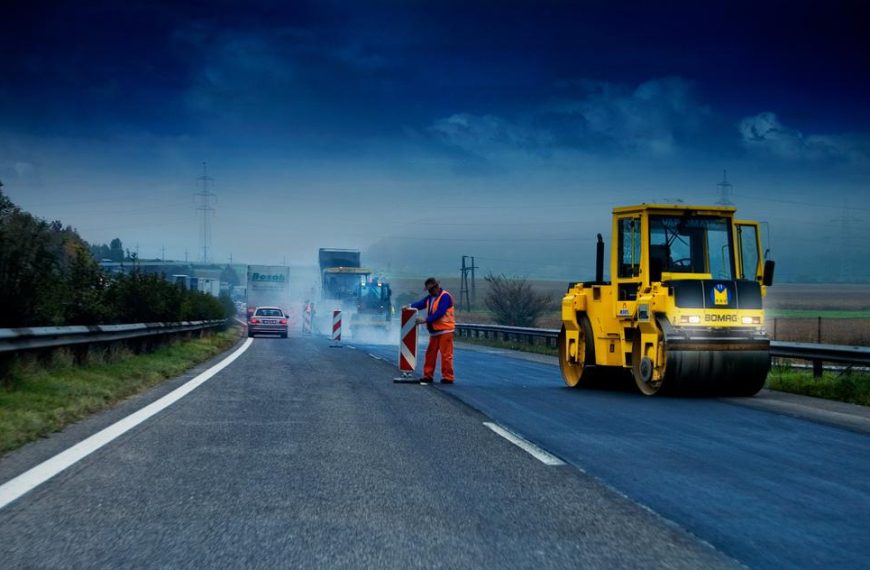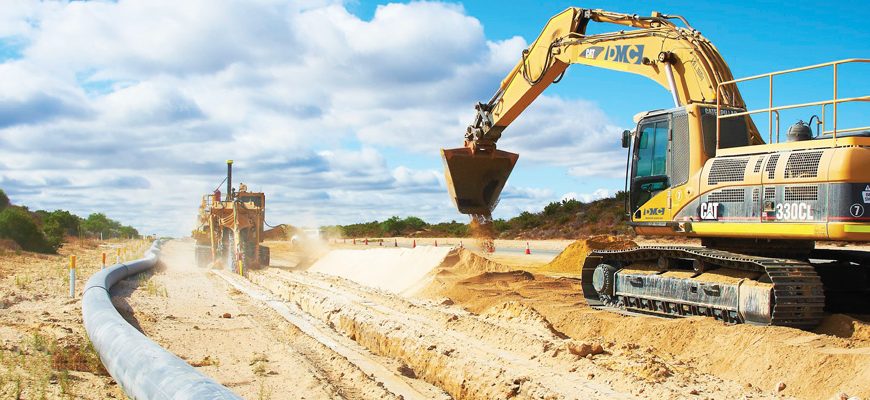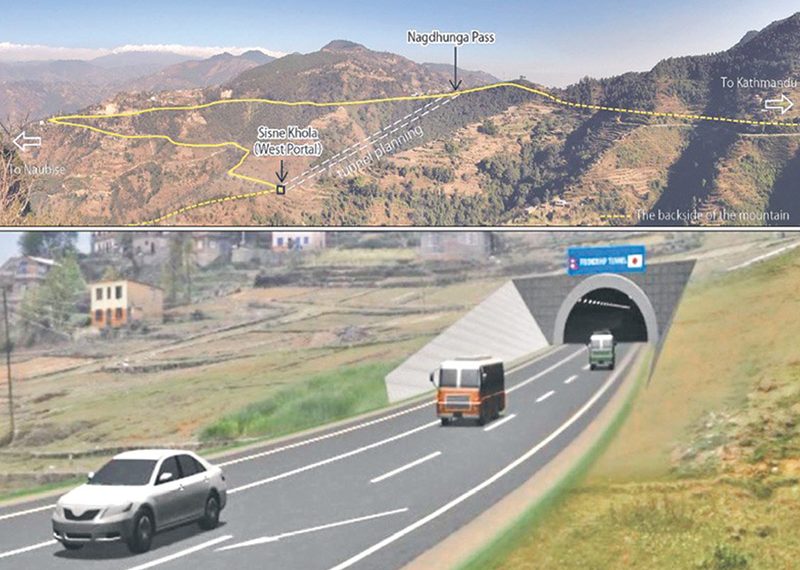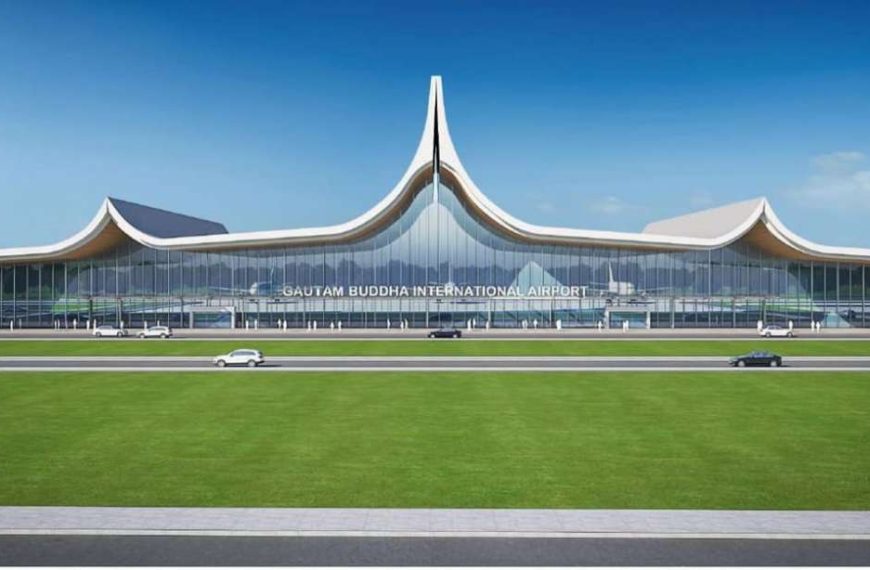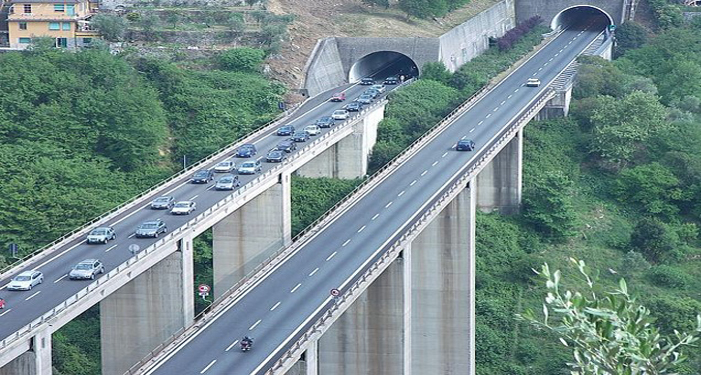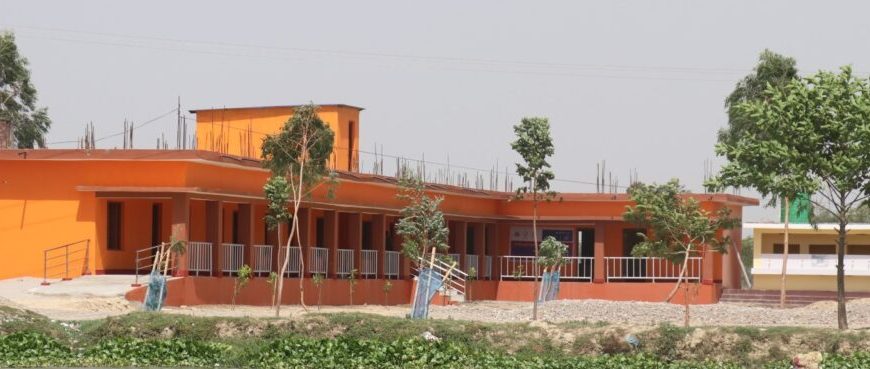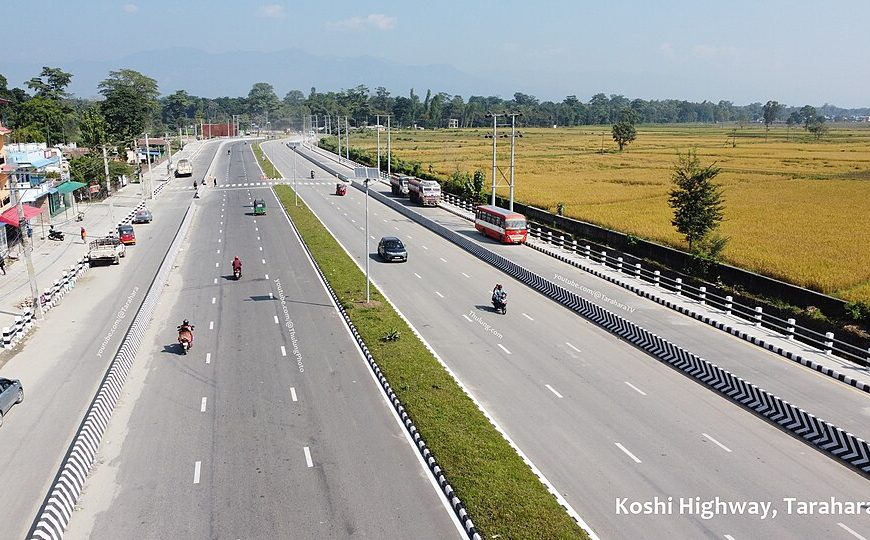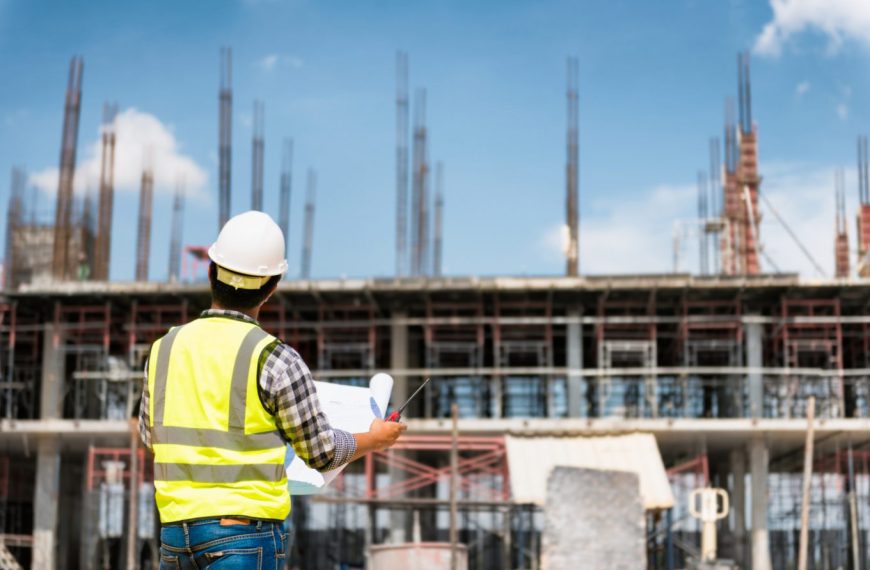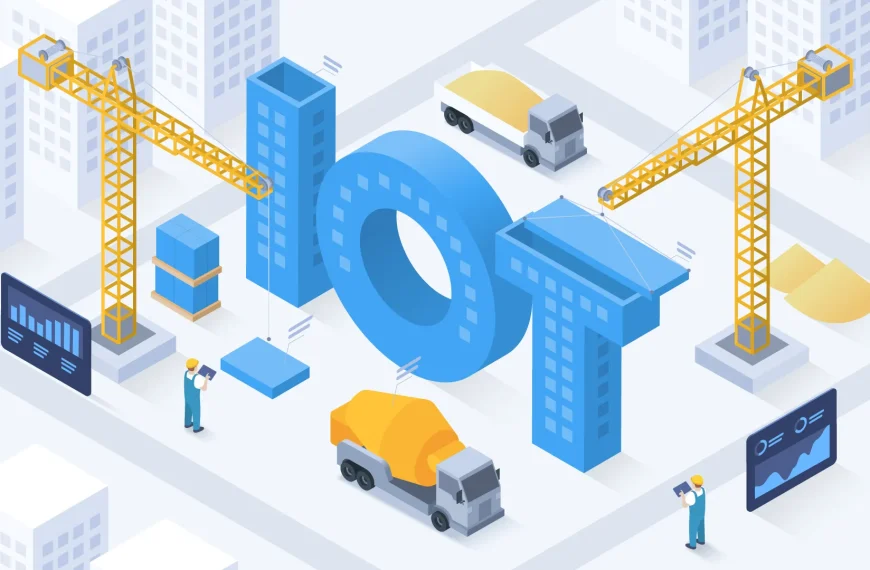Nepal is undergoing a significant transformation in its urban landscape, driven by the government’s vision to develop smart cities that are sustainable, inclusive, and technologically advanced. The concept of smart cities in Nepal was formally introduced in the fiscal year 2072/73 (2015/16), with an initial plan to develop 10 cities into smart urban centers. This initiative has since expanded, with the Department of Urban Development and Building Construction (DUDBC) overseeing the development of 13 smart city projects across the country, including Lumbini, Nijgadh, Palungtar, and Dhankuta .
These smart city projects aim to integrate various components such as smart housing, efficient transportation systems, sustainable energy solutions, and advanced waste management. For instance, the Hetauda Smart City Project focuses on sustainable, energy-efficient housing, integrated solid waste management using anaerobic digestion technology, and the provision of clean energy and water through smart technologies .
Pokhara Metropolitan City, a major tourism hub, is also embracing smart city initiatives. The city’s approach includes the implementation of intelligent transport systems, disaster warning mechanisms, and the integration of technology to enhance urban living standards .
Despite these ambitious plans, the implementation of smart city projects in Nepal faces several challenges. These include limited technological infrastructure, such as inconsistent electricity supply and internet connectivity (mostly in the rural areas), as well as a lack of technical expertise and regulatory frameworks necessary for the effective deployment of smart technologies .
To overcome these hurdles, experts suggest a phased and inclusive approach. This involves starting with foundational elements like improving e-literacy among citizens, ensuring reliable basic services, and fostering public-private partnerships to mobilize resources and expertise. Additionally, learning from global best practices and tailoring them to Nepal’s unique context can facilitate the successful realization of smart cities .
In conclusion, while Nepal’s journey towards smart urban development is fraught with challenges, the concerted efforts of government agencies, local communities, and international partners hold the promise of transforming Nepalese cities into smart, sustainable, and resilient urban centers.


